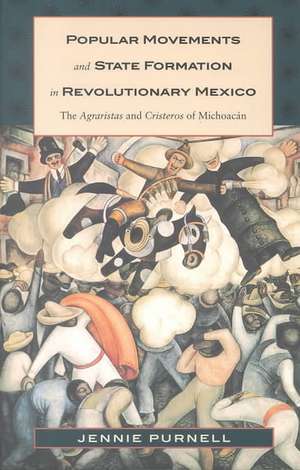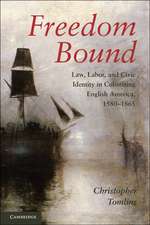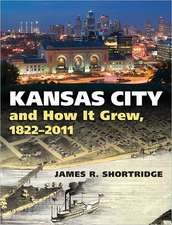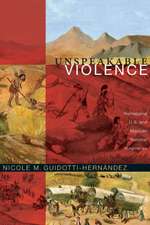Popular Movements and State Formation in Revolut – The Agraristas and Cristeros of Michoacan
Autor Jennie Purnellen Limba Engleză Paperback – 31 mai 1999
Rather than viewing the cristeros (supporters of the Church) as victims of false consciousness or as religious fanatics, as others have done, Purnell shows that their motivations-as well as the motivations of the agraristas (supporters of the revolutionary state)-stem from local political conflicts that began decades, and sometimes centuries, before the Revolution.
Drawing on rich but under-utilized correspondence between peasants and state officials written over the course of the nineteenth and twentieth centuries, Purnell shows how these conflicts shaped the relationships between property rights, religious practice, and political authority in the centre-west region of Mexico and provides a nuanced understanding of the stakes and interests involved in subsequent conflicts over Mexican anticlericalism and agrarian reform in the 1920s.
This study will aid future research not only in nineteenth- and twentieth-century Mexican history but in peasant studies, social movements research, and political analysis of authoritarian and postauthoritarian regimes in Latin America.
Preț: 265.97 lei
Nou
Puncte Express: 399
Preț estimativ în valută:
50.89€ • 55.51$ • 42.91£
50.89€ • 55.51$ • 42.91£
Carte tipărită la comandă
Livrare economică 24 aprilie-08 mai
Preluare comenzi: 021 569.72.76
Specificații
ISBN-13: 9780822323143
ISBN-10: 0822323141
Pagini: 288
Ilustrații: 9 tables, 2 maps
Dimensiuni: 150 x 250 x 15 mm
Greutate: 0.49 kg
Editura: MD – Duke University Press
ISBN-10: 0822323141
Pagini: 288
Ilustrații: 9 tables, 2 maps
Dimensiuni: 150 x 250 x 15 mm
Greutate: 0.49 kg
Editura: MD – Duke University Press
Cuprins
CONTENTS
Acknowledgements
What makes peasants counter-revolutionary? The problem of partisanship in Mexicos Cristero rebellion
Liberals, Indians and the Catholic Church in nineteenth-century Michoacán
State formation in revolutionary Michoacán
The Cristiada: elites and popular groups in rebellion against the Revolutionary state
The Agraristas of the Zacapu region
Catholics, Cristeros and the Agraristas in the Purépecha Highlands
The Cristeros of north western Michoacán
Popular groups, political identities and the state in Mexico: the Cristiada in comparative perspective
Notes; Bibliography; Index
Acknowledgements
What makes peasants counter-revolutionary? The problem of partisanship in Mexicos Cristero rebellion
Liberals, Indians and the Catholic Church in nineteenth-century Michoacán
State formation in revolutionary Michoacán
The Cristiada: elites and popular groups in rebellion against the Revolutionary state
The Agraristas of the Zacapu region
Catholics, Cristeros and the Agraristas in the Purépecha Highlands
The Cristeros of north western Michoacán
Popular groups, political identities and the state in Mexico: the Cristiada in comparative perspective
Notes; Bibliography; Index
Recenzii
"An exceptionally important book. Purnell brings a sweeping innovation to the study of the Mexican Revolution, the cristero revolt, and other early-twentieth-century developments." ([edited, RR, PP] John Tutino, Georgetown University.)
"Purnell has produced an analysis that is new and helpful not only to our understanding popular agency in the Revolution but for writing history from below-especially the history of state formation as a contested, social phenomenon. ([slightly edited, RR, PP] Mary Kay Vaughan, University of Illinois at Chicago) "This is a well written and researched work on popular consciousness and state and identity formation."--British Bulletin of Publications on Latin America, April 2001
"Purnell has produced an analysis that is new and helpful not only to our understanding popular agency in the Revolution but for writing history from below-especially the history of state formation as a contested, social phenomenon. ([slightly edited, RR, PP] Mary Kay Vaughan, University of Illinois at Chicago) "This is a well written and researched work on popular consciousness and state and identity formation."--British Bulletin of Publications on Latin America, April 2001
Notă biografică
Textul de pe ultima copertă
"Purnell has produced an analysis that is new and helpful not only to our understanding popular agency in the Revolution but for writing history from below--especially the history of state formation as a contested, social phenomenon.--Mary Kay Vaughan, University of Illinois at Chicago











